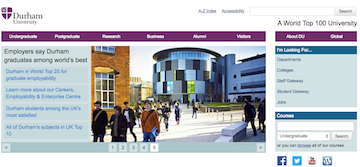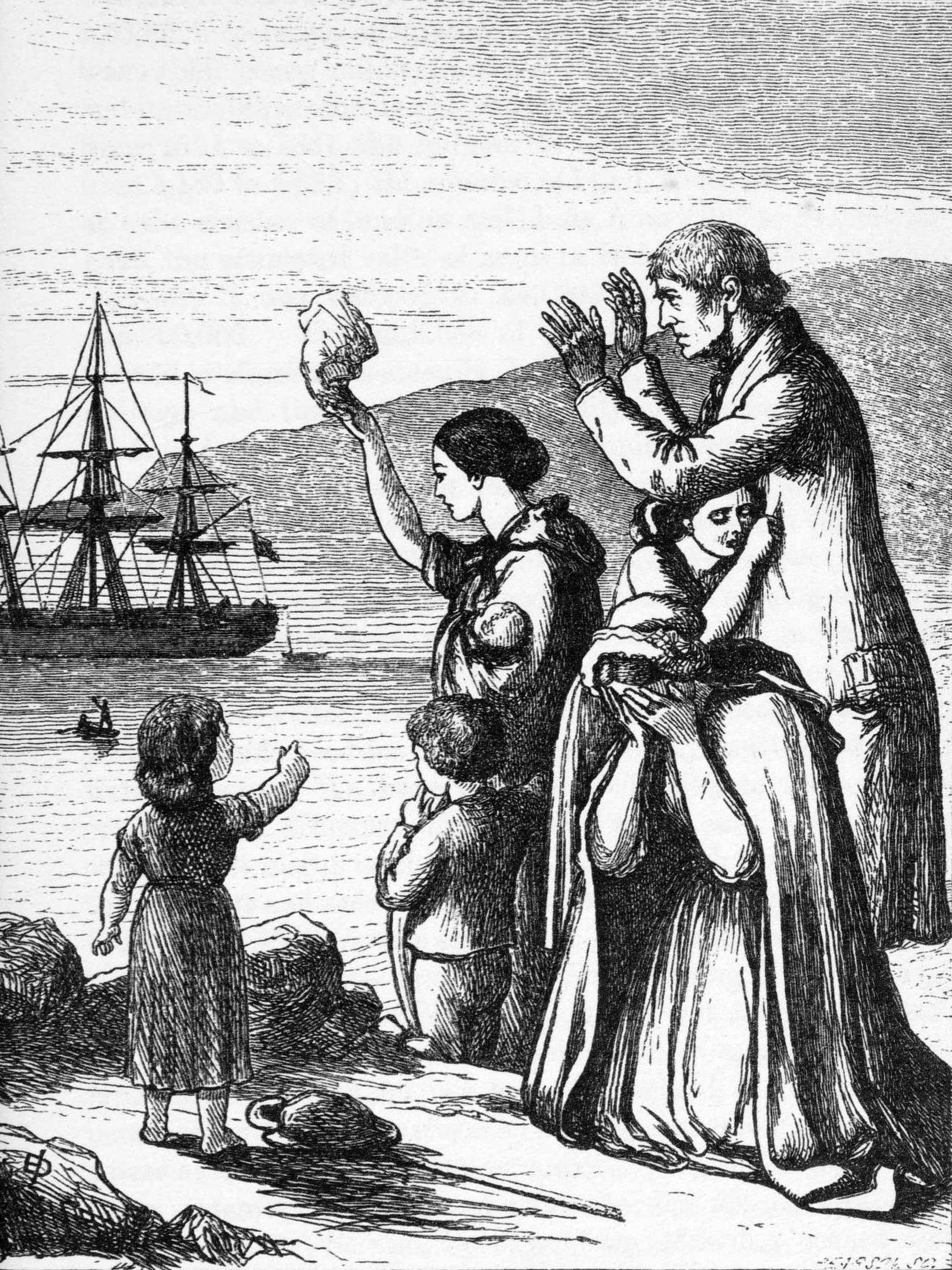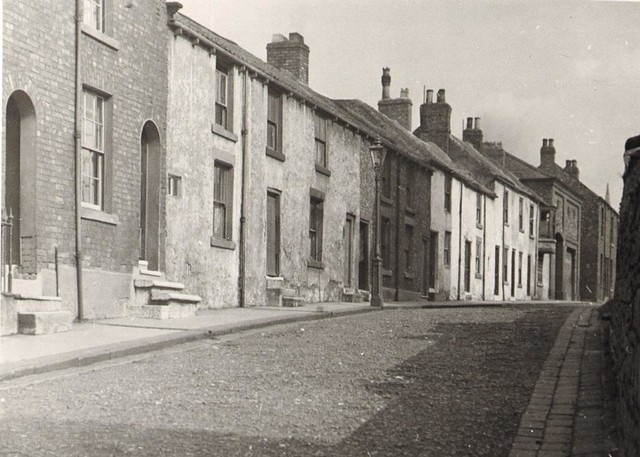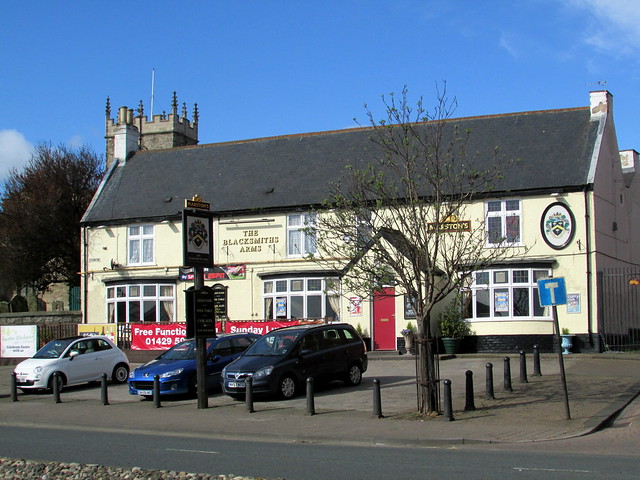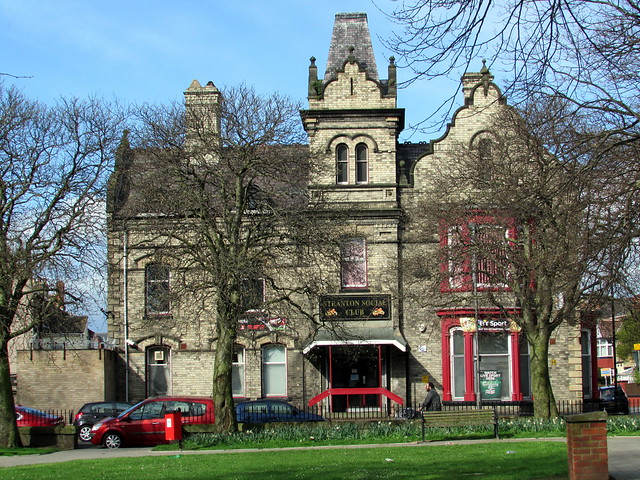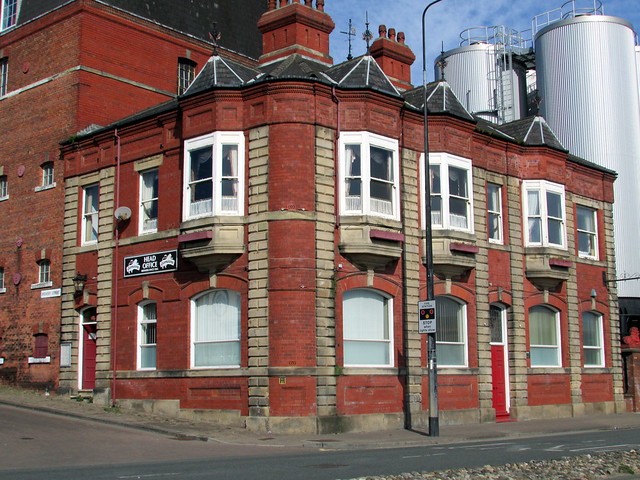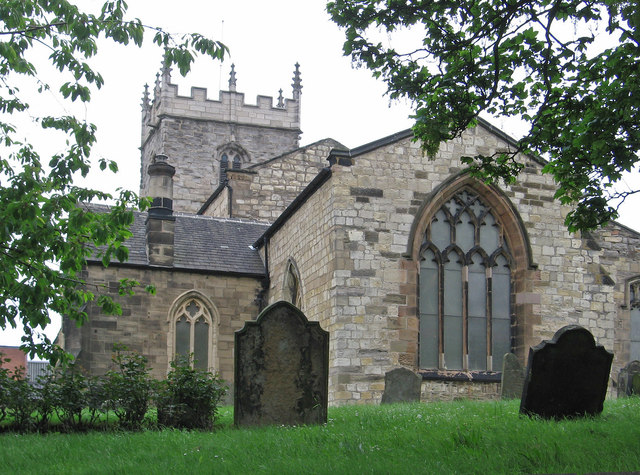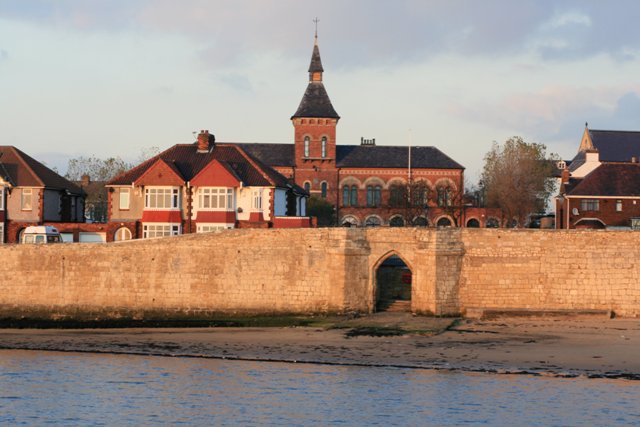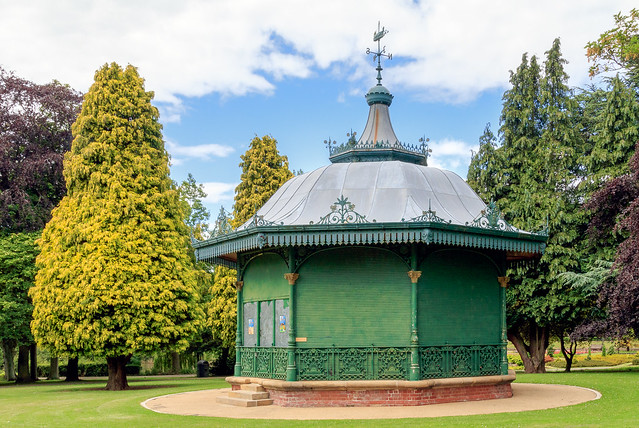From Jacobite to Radical : the Catholics of North East England, 1688-1850.

-
Description
Gooch, Leopold (1989) From Jacobite to Radical : the Catholics of North East England, 1688-1850., Durham theses, Durham University. Available at Durham E-Theses Online: http://etheses.dur.ac.uk/1422/. ABSTRACT: The era of the Vicars Apostolic, from 1688 to 1850, was an age of radical change and enduring achievement for the Catholics of north east England. The creation of the Northern Vicariate in 1688 engendered a spirit of confidence among the lay gentry and the clergy which inspired a revival of the mission such that, by 1730, a network of permanent missionstations had been established across the region albeit under seigneurial rule. Disharmony between priests and patrons became endemic, however, towards the end of the century. Missioners, impatient with their subordination to the gentry, demanded greater autonomy. At the same time, and despite its limited resources, the Church opened a number of chapels in the towns. In those ways, the Vicar Apostolic gained control of the mission and facilitated progress towards the restoration of full and ordinary episcopal government in 1850. The Catholics formed a small, widely dispersed and inconspicuous part of the region's population in the eighteenth century. They were to be found in all classes and situations, and they were fully integrated socially and economically. The poverty of the Catholic gentry has been greatly exaggerated. Their security was not undermined by the Jacobite risings. Most Catholic families limited their involvement to a minimum, and dropped their Jacobitism after 1715. Thereafter they became vigorous campaigners for their emancipation. After 1800 the northern Catholics overwhelmingly supported the Whigs; the long debate over Catholic Emancipation made Radicals of many. The Catholic population did not increase until the end of the Napoleonic Wars. Natural population growth and immigration, coupled with the effects of emancipation and industrialisation, changed the economic, sociological and ecclesiastical character of the northern Catholics from that of an English, largely rural and gentry-dominated, recusant body to that of a predominantly urban, industrialised, part-Irish, working class Church. -
Owner
Durham University -
Source
Local (Co-Curate) -
License
What does this mean? Unknown license check permission to reuse
-
Further information
Link: http://etheses.dur.ac.uk/1422/1/1422.pdf
Resource type: Text/Website
Added by: Simon Cotterill
Last modified: 7 years, 10 months ago
Viewed: 2217 times
Picture Taken: Unknown -
Co-Curate tags
